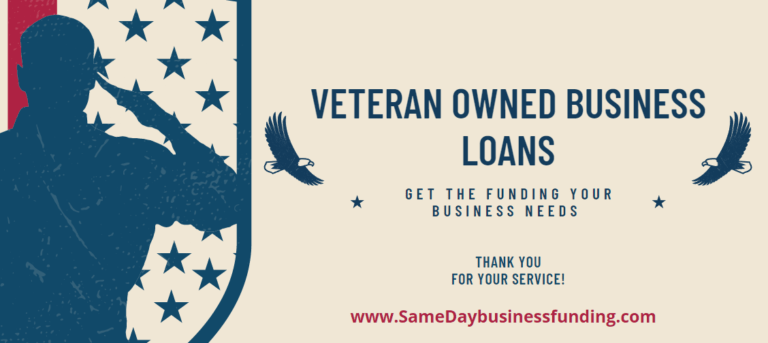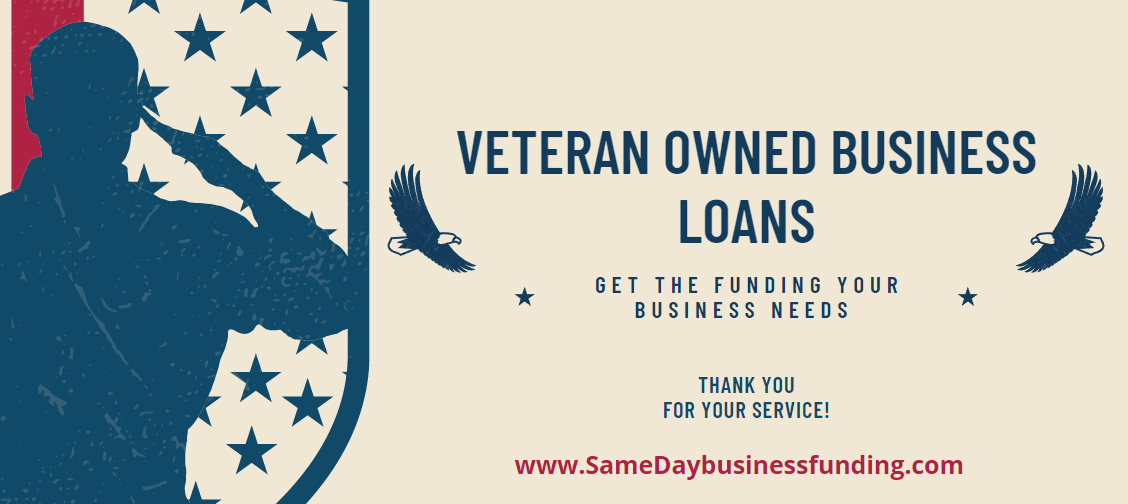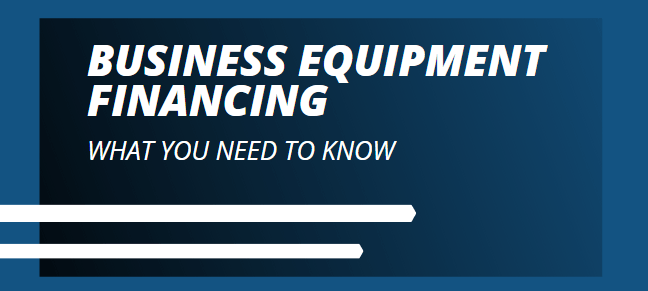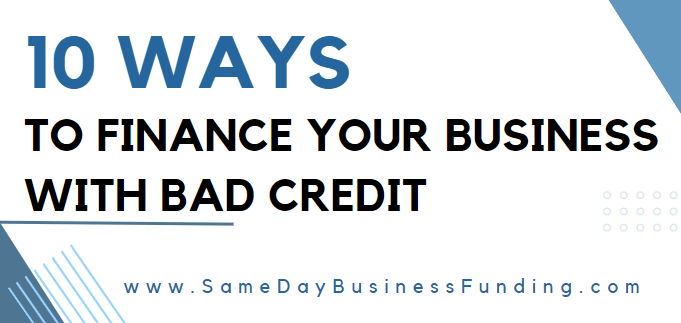
Veteran Owned Business Loans - What You Need to Know
There are roughly 2 million veteran-owned businesses in the United States, according to data from the U.S. Small Business Administration Office Of Advocacy. Veteran owned businesses employ more than 5 million people and generate over $1 trillion in annual revenue. Which represents roughly 9% of all US businesses. Like any other business, unexpected challenges or opportunities can arise, and veteran business owners need the ability to access capital.
A veteran business loan is a type of loan specifically designed for veterans who are looking to start or expand a small business. These loans are typically offered by the Small Business Administration (SBA) and are backed by the government, which makes them more accessible to veterans than traditional business loans. With the rise of alternative lenders and online business loan providers, there are now more options available. The terms and qualifications for veteran business loans can vary, but they are often available at lower interest rates and with more flexible terms.
Types Of Business Loans Available For Veteran Owned Businesses
There are several different types of funding available for veteran-owned businesses, including:
Small Business Administration (SBA) Loans: The SBA offers a variety of loan programs specifically for veterans, including the SBA Express Loan and the Patriot Express Loan. These loans are backed by the government and offer more favorable terms than traditional business loans.
Veterans Affairs (VA) Loans: These loans are offered by the VA and are specifically for veterans who are looking to start or expand a business. They are typically used for real estate or equipment purchases.
Crowdfunding: Online platforms such as Kickstarter and GoFundMe can be used by veteran-owned businesses to raise funds from a large number of people.
grants: There are various organizations that offer grants for veterans, and these grants can be used to start or expand a business.
Angel investors: Veteran-owned businesses can also raise funds from angel investors, which are typically wealthy individuals who invest their own money in small businesses.
Microloans: These are small loans that are typically used to help veterans start or expand small businesses. Microloans can be found through various organizations and financial institutions.
Federal and State Contracts: Veterans can take advantage of special set-aside programs and preferences for veteran-owned small businesses in federal and state procurement contracts.
It’s worth noting that some of these funding options may have specific requirements and qualifications that must be met by the veterans and their business. It’s best to check with the specific organization or lender for more information.
Veteran Owned Business Loans - Pros & Cons
Just like any other major business decision, it is important to take all of the potential impacts into consideration.
Here are some potential pros and cons of a veteran business loan:
Pros:
Lower interest rates: Veteran business loans are typically offered at lower interest rates than traditional business loans, making them more affordable for veterans.
Flexible repayment terms: The repayment terms for veteran business loans are often more flexible than those of traditional business loans, allowing veterans to better manage their cash flow.
Government backing: Veteran business loans are backed by the government, which makes them more accessible to veterans and reduces the risk for lenders.
Special programs: Some veterans business loan programs offer added benefits such as mentorship, technical assistance, or networking opportunities.
Set-aside contracts: Veterans can take advantage of special set-aside programs and preferences for veteran-owned small businesses in federal and state procurement contracts.
Cons:
Eligibility requirements: To be eligible for a veteran business loan, a borrower must meet certain qualifications, such as having a certain length of service or being honorably discharged.
Time-consuming process: Applying for a veteran business loan can be a time-consuming process, as borrowers must provide detailed information about their business and personal finances.
Collateral requirements: Some veteran business loans require borrowers to put up collateral, such as real estate or equipment, which can be difficult for some veterans to do.
Limited funding: Depending on the type of loan, the amount of funding available may be limited, making it difficult for veterans to get the funding they need for large projects.
Limited use of funds: Some veterans business loan programs have restrictions on how the funds can be used, making it harder to use the funds in a way that best suits the business.
It’s worth noting that these are general pros and cons and the specific terms of each veteran business loan program may vary. It’s best to check with the lender or the SBA for more information on the specific loan program you are interested in.
How Can The Funding Be Used
Veteran business loans can be used for a variety of purposes, including:
Starting a new business: Veterans can use these loans to start a new business, such as by covering the costs of equipment, inventory, and other startup expenses.
Expanding an existing business: Veterans who already own a business can use these loans to expand their operations, such as by opening new locations or hiring more employees.
Purchasing real estate: Veterans can use these loans to purchase a building or land for their business, such as a retail store or manufacturing facility.
Purchasing equipment: Veterans can use these loans to purchase equipment and machinery for their business, such as vehicles, tools, and other specialized equipment.
Working capital: Veterans can use these loans to cover their working capital needs, such as for payroll, rent, and other ongoing expenses.
Debt consolidation: Veterans can use these loans to consolidate their existing business debt and improve their cash flow and credit.
It’s worth noting that some veteran business loan programs may have specific requirements or restrictions on how the funds can be used. It’s best to check with the lender or the SBA for more information on the specific loan program you are interested in.
In Conclusion
There are several different types of funding available for veteran-owned businesses, including SBA loans, VA loans, crowdfunding, grants, angel investors, microloans and federal and state contracts.
It is important to note that the terms and qualifications for veteran business loans can vary, but they are often available at lower interest rates and with more flexible repayment terms than traditional business loans. It’s best to check with the lender or the SBA for more information on the specific loan program you are interested in.




